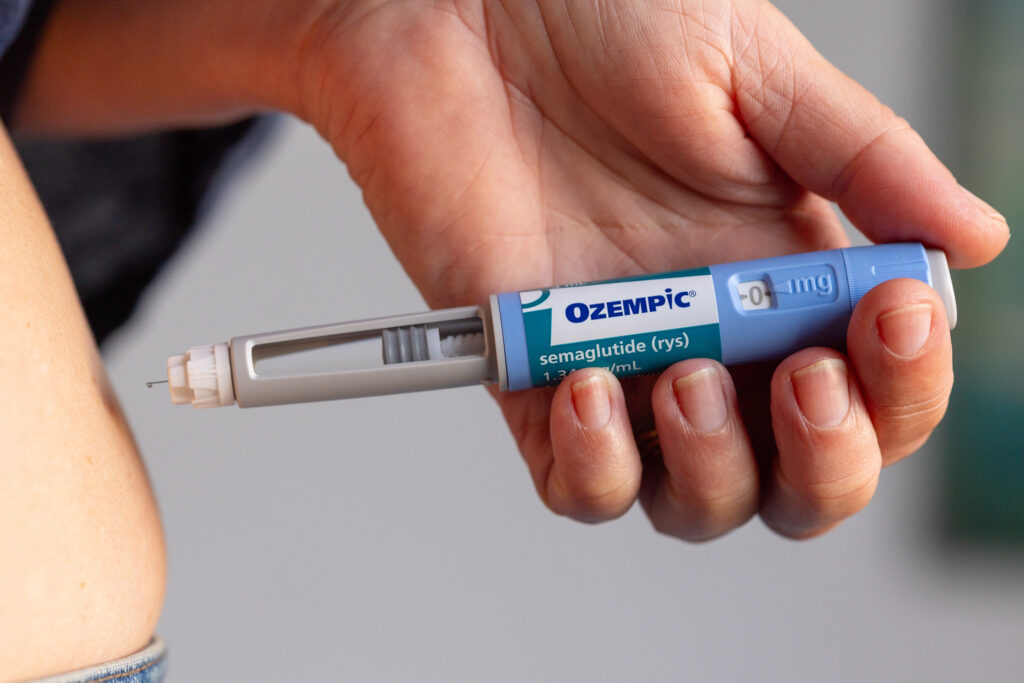
Interest in the weight-loss drug Ozempic and other GLP-1 medications has surged across various U.S. cities, according to a report from weight loss management platform Levity. This increase is reflected in Google search trends, which reveal significant variations in interest levels among different regions.
Regional Hot Spots for Ozempic Searches
The report indicates that cities such as Orlando, Florida; Miami; Atlanta; St. Louis; and Cleveland showed the highest search volumes for Ozempic and related GLP-1 drugs. Orlando topped the list with an impressive 89,620 searches per 100,000 residents, while all top ten cities recorded at least 48,000 searches per 100,000 residents. Other notable cities included Minneapolis, Las Vegas, Pittsburgh, Cincinnati, and Tampa, Florida. Overall, search volume for GLP-1 medications increased by 9.5 percent over the past year among the largest 100 U.S. cities.
Around 13 percent of survey respondents reported trying a GLP-1 medication, with the highest usage noted among Gen Z, at 17 percent. The report, based on a survey of approximately 1,000 Americans, also revealed that about one in five respondents felt that GLP-1 medications have influenced their perception of a “normal” or “healthy” body.
Concerns and Criticism Surrounding GLP-1 Medications
Despite their popularity, GLP-1 medications such as Ozempic, Mounjaro, and Wegovy have faced scrutiny due to potential side effects. Some of the reported adverse effects include nausea, vomiting, diarrhea, and, in rare cases, stomach paralysis. A significant portion of the population remains skeptical; 73 percent of respondents indicated that they view GLP-1s as a shortcut to weight loss, and 52 percent believe they are merely a temporary solution.
Steve Christo, a data scientist at Pattern, remarked on the increasing demand for these medications, highlighting the desperation that many consumers feel in their weight loss journeys. He noted, “With these intermittent shortages, folks are continually checking places like Amazon despite reports of tricky side effects.”
Tom Holland, an exercise physiologist and author, expressed his concerns about societal tendencies towards seeking quick fixes, stating, “Unfortunately the human condition is such that, when it comes to diet and exercise, we are constantly seeking the quickest fix with the least amount of effort, regardless of the costs.”
As the use of GLP-1 medications continues to rise, the long-term implications of their use remain uncertain. Recent studies have uncovered potential links between these drugs and increased risks of pancreatitis and kidney conditions, including kidney stones. As interest in Ozempic and similar medications grows, understanding their effects on health will become increasingly important for both consumers and healthcare providers.






